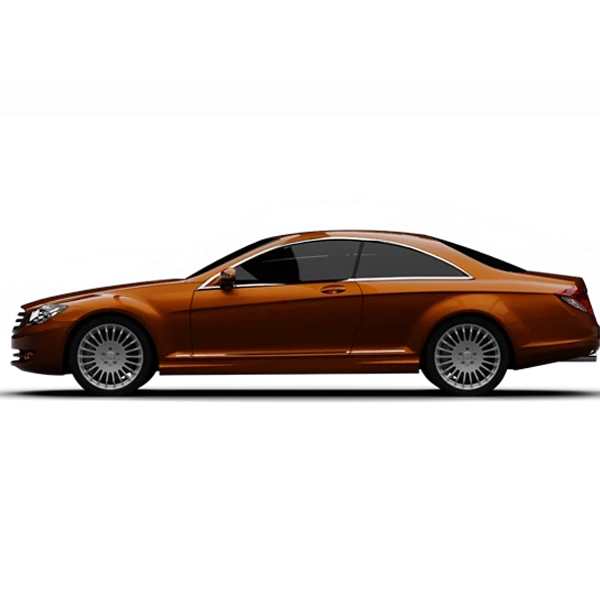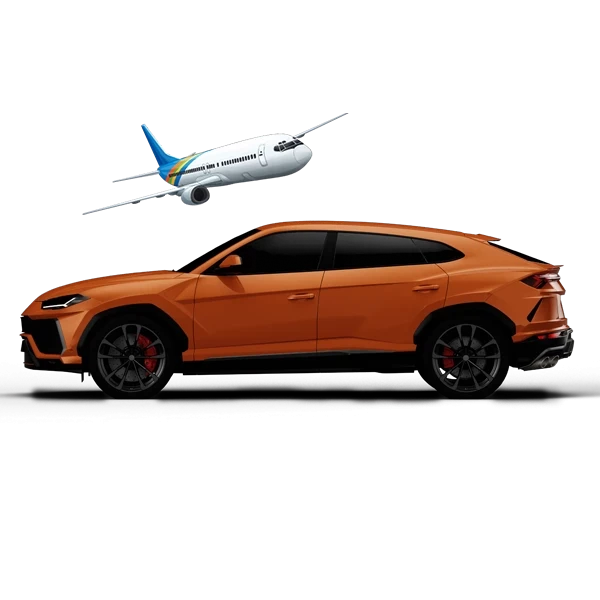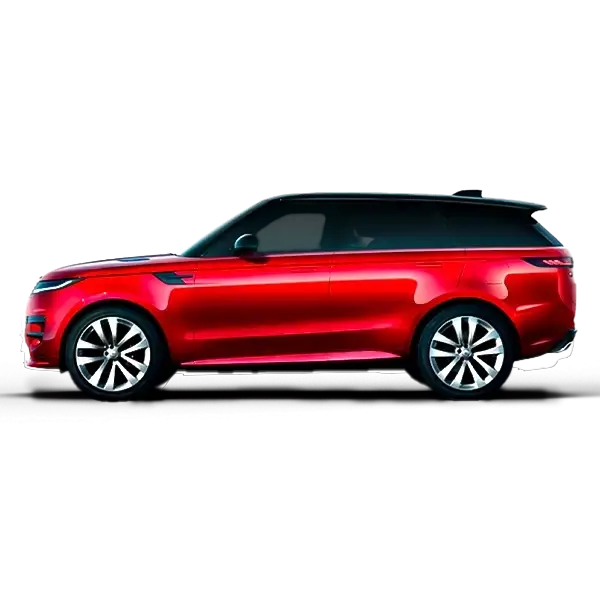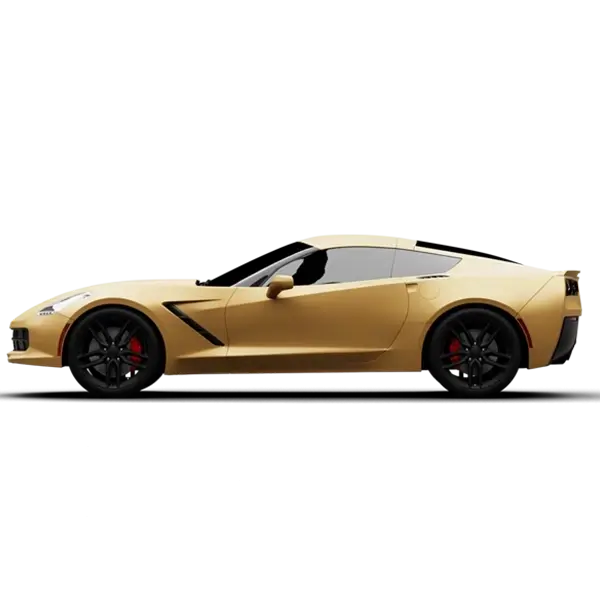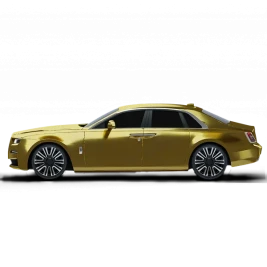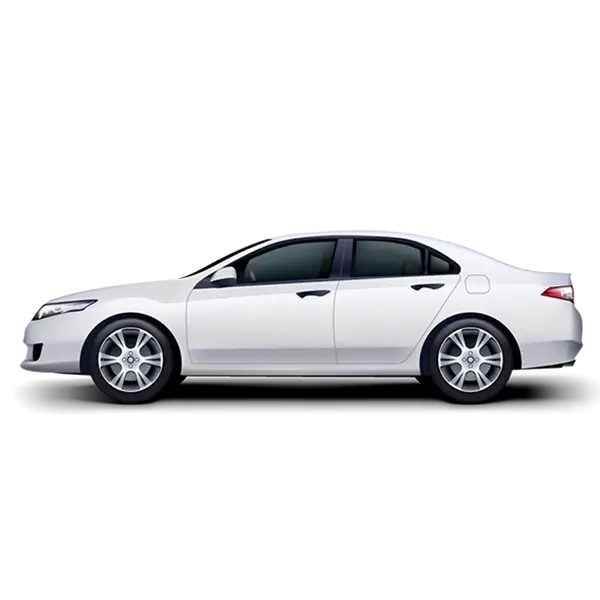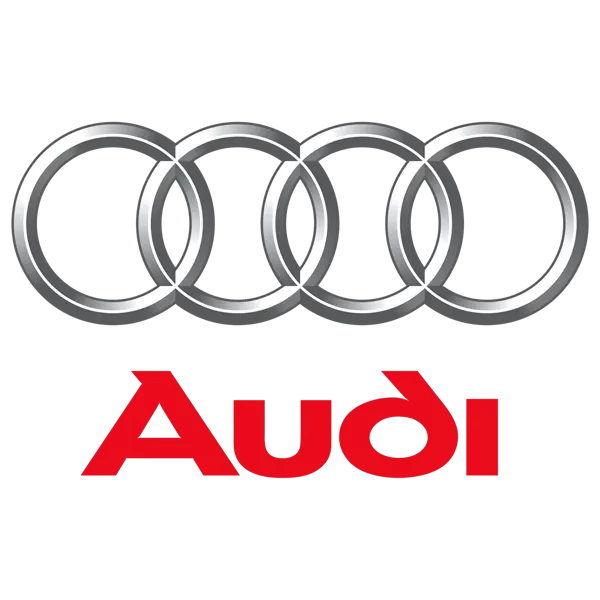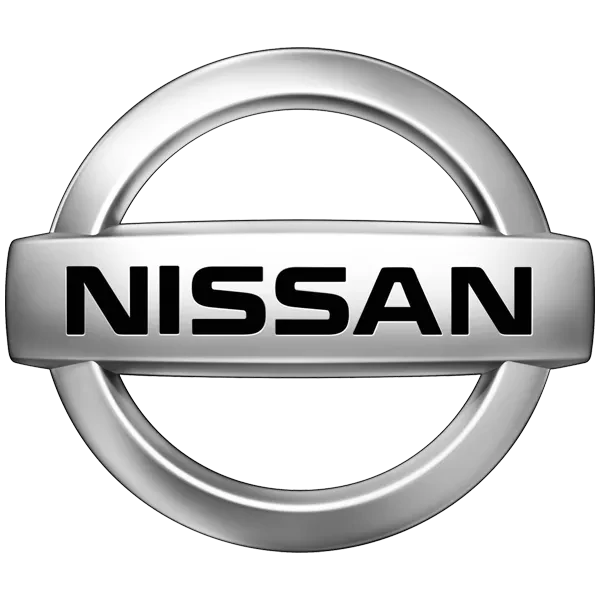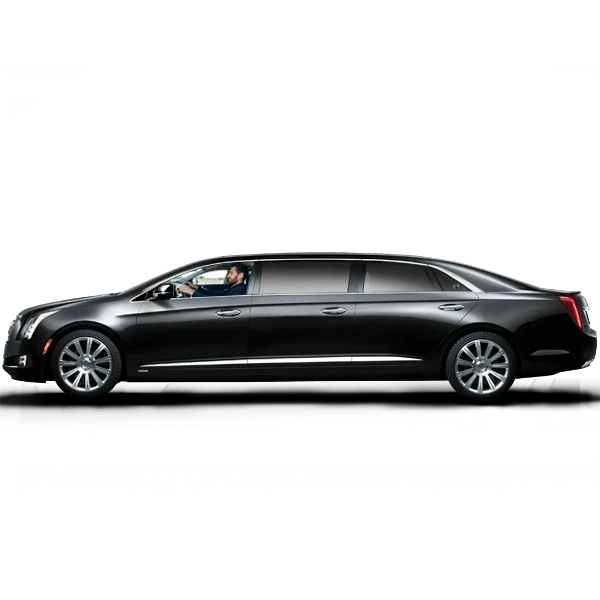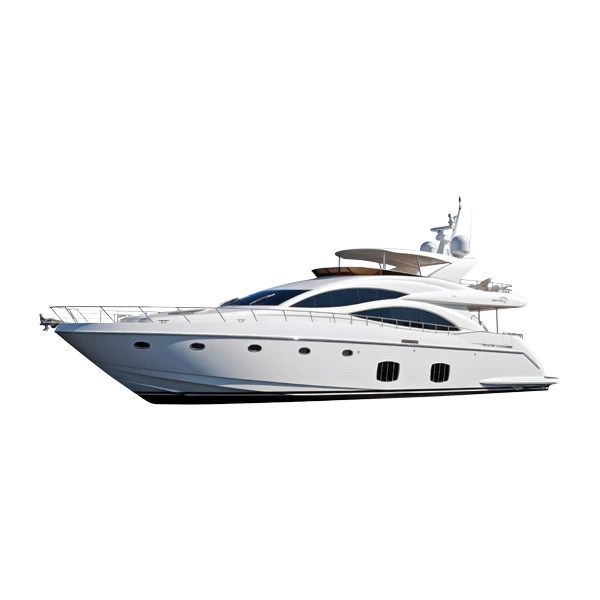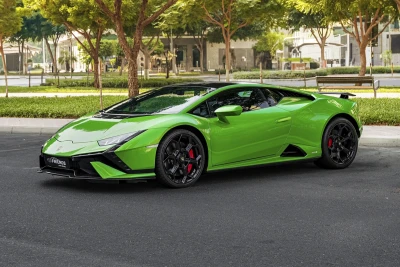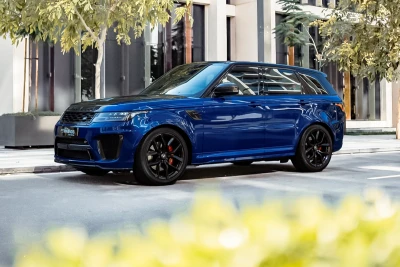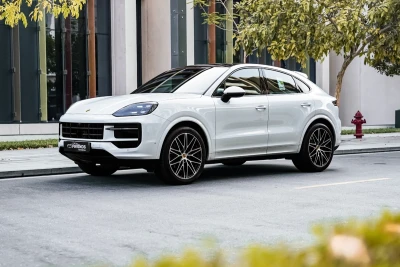The Truth About Toyota's Water-Powered Car Everyone’s Talking About

Wondering if Toyota’s water-powered car engine is real or just a social media hype? Unfortunately, it’s just a hype on social media & other digital platforms. All claims about Toyota’s latest water-powered car engine are a mere misinterpretation of the Japanese brand’s hydrogen technology. Let’s not get carried away with such futuristic innovation just yet. Take a look at this concise breakdown.
The Truth About Toyota’s Water-Powered Engine
So, what's the real story behind this viral claim?
Toyota has been at the forefront of automotive innovation, particularly in exploring gasoline alternatives, a commitment beautifully demonstrated in the 2025 Toyota Mirai—a top-notch hydrogen-powered (FCV) sedan. This coupe-inspired Toyota masterpiece uses water as a cooling agent, which is generally termed as water-cooled. This is what many have misinterpreted as being water-powered, and it's the base of all the fuss on the internet.
In a hydrogen fuel cell vehicle like the Mirai, a chemical reaction between hydrogen and oxygen creates electricity to power the car, with the only emission being pure water vapor.
As Forbes has also noted, splitting water into hydrogen and oxygen via electrolysis is an energy-intensive and impractical process for direct use in a car. As of mid-2025, true water-powered cars only exist on paper, not on the roads. Hopefully, in the future, we will see this hype turn into a reality, completely transforming the current automotive industry.
Why It’s Hype
While we established that Toyota's futuristic water-powered car engine being just a social media hype, let’s check out some plausible reasons that clarify it further. The concept faces major hurdles rooted in fundamental laws of physics and economics:
1. Scientific Barrier: The Laws of Thermodynamics.
The idea of a water-powered car engine basically violates the first & second laws of thermodynamics. The issue is that a greater energy input is required to break the strong chemical bonds of the water molecule (H2O) into hydrogen and oxygen than you can ever get back by recombining (burning) the hydrogen. It’s simply not energy-efficient, as energy cannot be created from nothing. This is a core principle of physics, not just a design challenge.
2. Misleading Claims & Social Media Exaggeration.
Social media and videos, particularly on platforms like YouTube and Facebook, have clearly exaggerated or misrepresented Toyota’s legitimate hydrogen technology. These clout chasers spread misleading information for views and clicks, leading to the viral spread of this baseless claim.
3. Toyota’s Focus: A Clear Roadmap.
Toyota's official roadmap and public statements consistently prioritize hydrogen fuel cells and combustion, not water-powered engines. The Japanese brand has nowhere officially said or written anything about a water-powered engine project or future plans. Their commitment is to vehicles like the Toyota Mirai, which runs on stored hydrogen and emits only water vapor, demonstrating a different, but still advanced, technology.
Final Thoughts
The baseless claims about Toyota’s water-powered car engines on the internet are entirely fake. These are the doings of clout chasers, who will go to great lengths for views and clicks. While the idea of such futuristic innovation is worthy of all the attention it’s gaining, the sad reality is that a true water-powered car would violate the fundamental laws of physics. For now, water-powered cars might only exist on paper and in theory. Toyota’s proven hydrogen technology, demonstrated in vehicles like the Mirai that emit only water vapor, is the true focus of their innovation. As always, be critical of sensational claims online and rely on official sources for the latest in automotive technology.
Written by: FriendsCarRental
Published at: Thu, Jul 3, 2025 11:31 AM
Leave a Reply
Your email address will not be published. Required fields are marked *
Car Rental in Dubai
AED 2500
DAY
AED 0
MONTH
-
 SUV
SUV -
 4 Doors
4 Doors -
 5 Seats
5 Seats
- 1 Day Rental Available
- Deposit: Not Required
- Insurance Included
AED 5500
DAY
AED 0
MONTH
-
 Sports
Sports -
 2 Doors
2 Doors -
 2 Seats
2 Seats
- 1 Day Rental Available
- Deposit: Not Required
- Insurance Included
AED 1200
DAY
AED 0
MONTH
-
 SUV
SUV -
 4 Doors
4 Doors -
 5 Seats
5 Seats
- 1 Day Rental Available
- Deposit: Not Required
- Insurance Included
AED 1600
DAY
AED 0
MONTH
-
 SUV
SUV -
 4 Doors
4 Doors -
 5 Seats
5 Seats
- 1 Day Rental Available
- Deposit: Not Required
- Insurance Included
AED 1500
DAY
AED 28500
MONTH
-
 SUV
SUV -
 4 Doors
4 Doors -
 5 Seats
5 Seats
- 1 Day Rental Available
- Deposit: Not Required
- Insurance Included

 عربي
عربي
 English
English
 Français
Français
 Русский
Русский
 中国人
中国人
 Nederlands
Nederlands
 Española
Española
 Türkçe
Türkçe
 Italiana
Italiana

